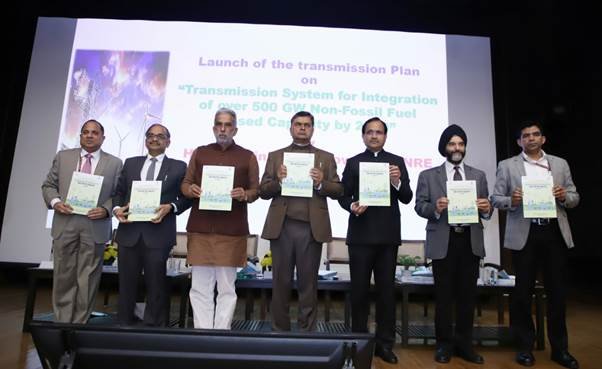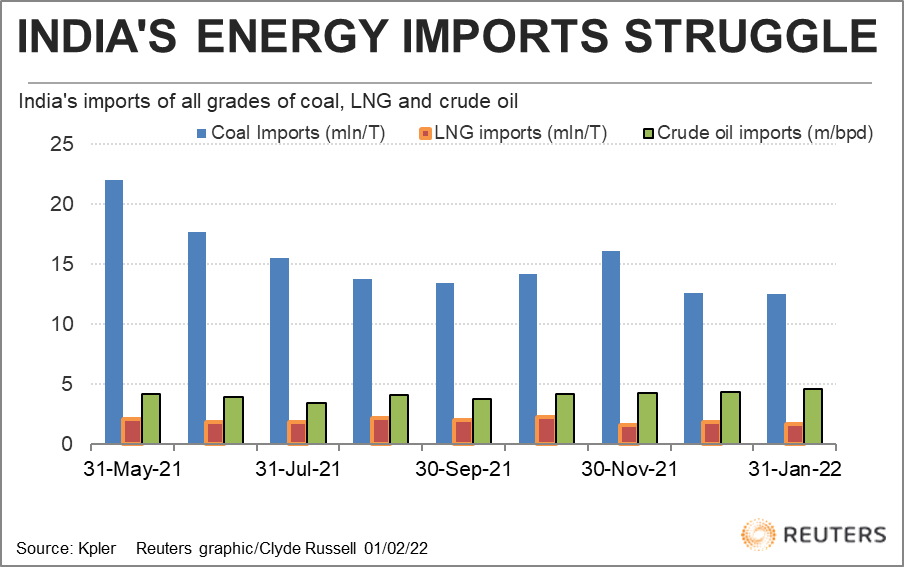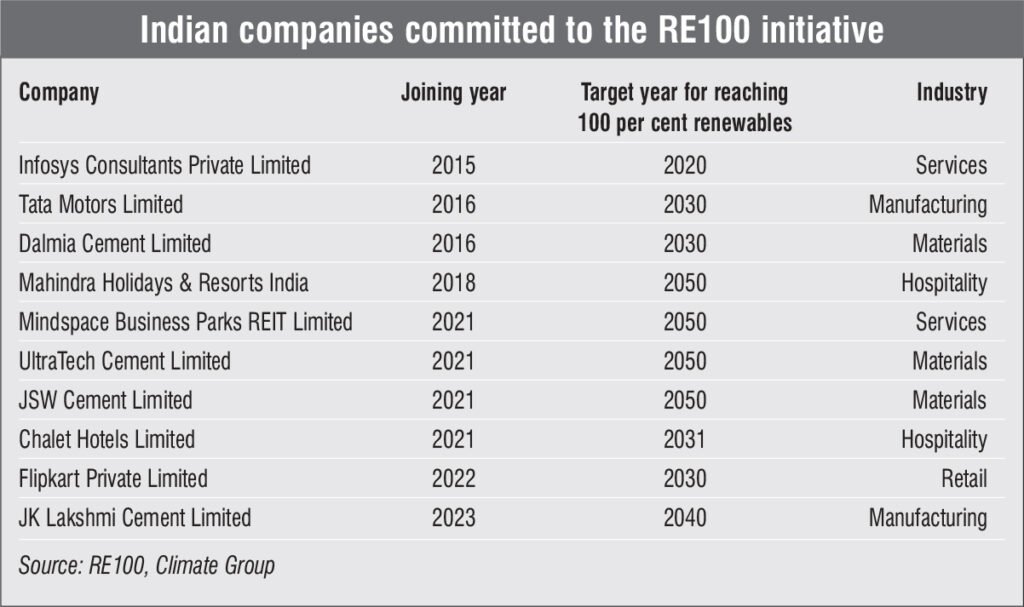In 2019, India set a goal to reach 500GW of renewable energy capacity by 2030, which would provide half of its electricity needs. This made India the world’s leader in renewable energy expansion. This bold move was a step towards transitioning to clean energy, as currently, country ranks fourth globally in terms of renewable energy installed capacity.

India is making significant progress towards achieving its goals in renewable energy and is setting an example for other countries to do the same. The Power Ministry predicts that investments in renewable energy projects will increase by over 83% by 2024, amounting to around $16.5 billion, as the government prioritizes reducing carbon emissions.
The urgency of reducing emissions from fossil fuels is highlighted by the strain that climate change is putting on current energy generation. Statistics indicate that India currently imports 80% of its industrial coal and 90% of its oil. By diminishing this dependence on finite resources, our country can enhance its energy autonomy.

The government is promoting the use of renewable energy, and businesses are actively transitioning to low-carbon energy systems. They are also discussing and implementing strategies to create a carbon-neutral economy.
In the past five years, the solar capacity in our country has significantly grown from 21,651 MW to 70,096 MW in 2023, thanks to initiatives like the Production Linked Incentive (PLI) and other dedicated efforts.
Joining The Climate Group and CDP’s RE100 initiative, Infosys, Dalmia Cement, Mahindra Holidays & Resorts, and Tata Motors— these four companies have voluntarily committed to consuming 100% renewable electricity.. This shows that businesses are important for sustainable growth and innovation in the economy.
Additionally, there are more than forty international RE100 companies in India that are in the process of shifting their operations to renewable energy sources.

In 2019, the number of companies joining the RE100 initiative tripled, with a total of 232 companies committing to achieve 100% renewable electricity. Three-quarters of these companies have set a target of achieving this by 2030. The increase in climate commitments and actions among Indian businesses is evident.
According to a report by FICCI and Deloitte India, India’s energy consumption is expected to double by 2070, reaching 1200 Mtoe (millions tonnes of oil equivalent). This significant increase in energy demand highlights the need for India to prioritize renewable sources in order to protect the climate and achieve sustainable growth.
Reference- mint, FICCI, CII, Financial Express, Frontline, The Hindu, Reuters, Mecom India Research






